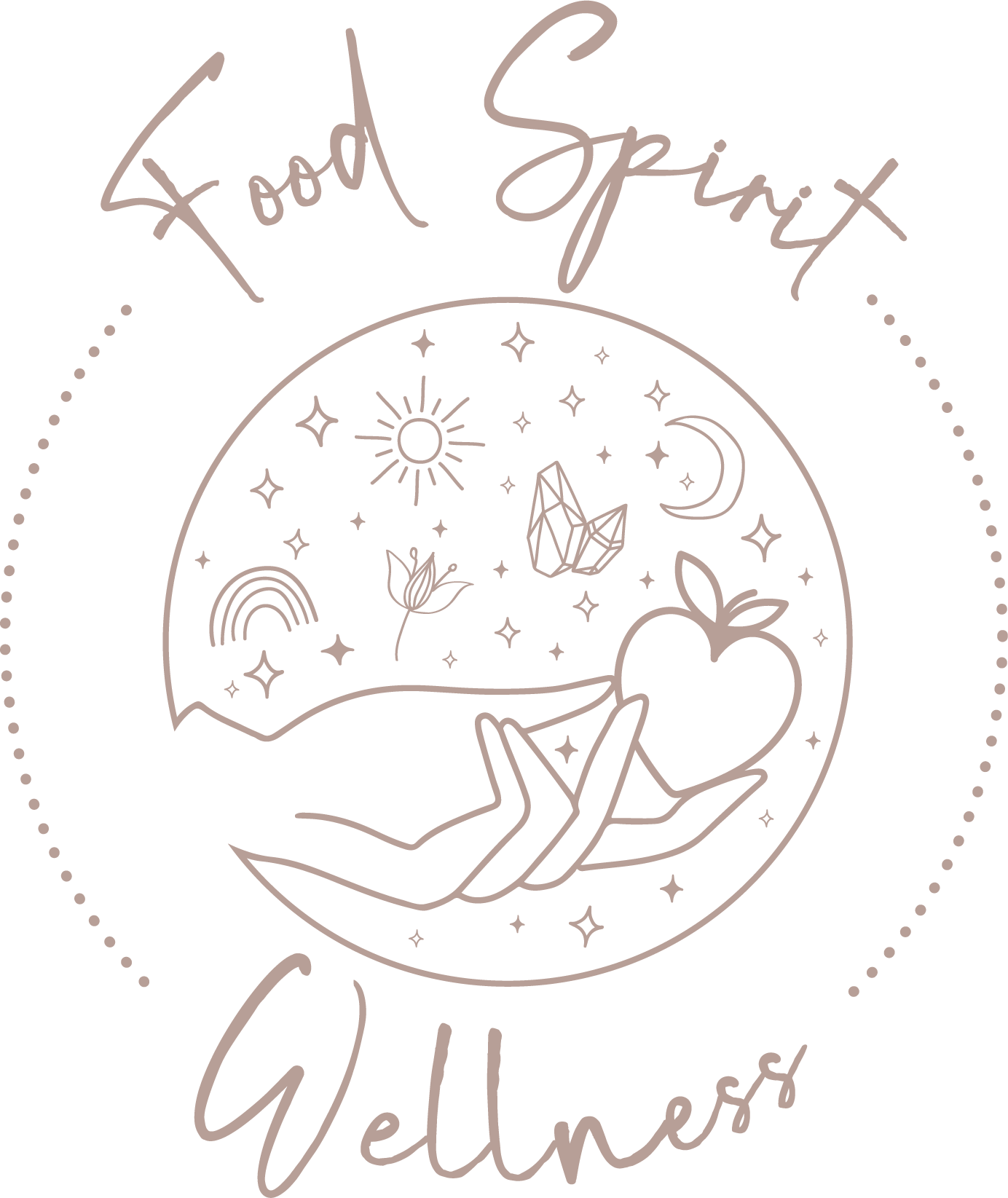Magnesium: The Mighty Mineral Your Body Can’t Do Without
When you think of essential nutrients for health- calcium and iron probably come to mind first. But there’s another mineral working quietly in the background that’s just as important-magnesium. This mighty mineral doesn’t always get the attention it deserves, yet it’s involved in almost every system in your body. From steadying your heartbeat to calming tense muscles, magnesium is truly one of nature’s wellness powerhouses.
Magnesium is a predominantly intracellular mineral, meaning most of it is stored inside your cells, where it fuels your body’s inner workings. It’s estimated that magnesium supports over 300 enzymatic reactions, making it a critical player in energy production, muscle relaxation, and even mood balance. Without enough of it, your body can’t function optimally.
Most of the body’s magnesium is carefully distributed: about 60% in bones, 25% in muscles, and the rest in fluids and soft tissues. It also concentrates in two very important places: your mitochondria, the tiny “power stations” that generate energy in every cell, and your heart, the muscle that never rests. These stores show just how vital magnesium is for keeping your body strong and energised.
The Many Ways Magnesium Supports You
Magnesium has a hand in countless daily processes, but some of its most important functions include:
Building strength: Helps maintain the structural integrity of bones and teeth.
Heart health: Regulates the contractility of the heart muscle, ensuring a steady rhythm.
Relaxation: Calms and relaxes smooth muscle, easing tightness, tension, or cramps.
Circulation support: Plays a role in blood clot regulation, helping blood flow smoothly.
Metabolism magic: Assists in the breakdown of protein and essential fatty acids, vital for repair, recovery, and energy.
Liver function: Supports the urea cycle, which helps the liver clear waste products.
Kidney stone prevention: In combination with vitamin B6, magnesium helps prevent the formation of kidney stones.
When you think about it, magnesium really touches every corner of wellness—from the strength of your bones to the calmness of your nervous system.
Are You Getting Enough Magnesium?
Modern diets, stress, and lifestyle habits can make it easy to fall short on magnesium. Processed foods are typically stripped of minerals, leaving many people undernourished in this area. High stress levels, excessive alcohol, or even intense exercise can also increase your magnesium needs, since your body uses more of it in these situations.
Some common signs of low magnesium include muscle cramps, fatigue, poor sleep, irritability, and even heart palpitations. While these symptoms can overlap with other conditions, they’re often a nudge from your body that you may need to boost your intake.
Everyday Food Sources of Magnesium
The great news is that magnesium is widely available in whole, unprocessed foods. By making a few simple swaps and additions to your meals, you can help keep your magnesium stores topped up.
Here are some rich sources to try:
Buckwheat flour – Use it for pancakes or soba noodles.
Spinach, Swiss chard, and collard greens – Lightly sauté with garlic and olive oil, add to smoothies, or enjoy as a hearty salad base.
Tofu – Toss into stir-fries, curries, or salads for a plant-based protein and magnesium punch.
Almonds – Snack on a small handful, sprinkle them over oatmeal, or blend them into nut butter.
Cashews – Add to trail mix, stir into curries, or enjoy as cashew butter spread.
Legumes - When properly prepared (i.e. soaking and sprouting), black-eyed peas, white beans, lima beans, kidney beans and lentils are a great magnesium-rich addition to many dishes.
Lifestyle Tip: Try starting your day with a green smoothie (spinach + banana + almond butter), snack on cashews mid-afternoon, and include a tofu stir-fry for dinner. These small, consistent choices will effortlessly boost your magnesium levels.
Stress, Sleep, and the Magnesium Connection
If you’ve ever noticed how stress makes you tense and restless, magnesium may be part of the solution. This mineral is sometimes called “nature’s relaxant” because it calms the nervous system and relaxes muscles. Many people find that increasing magnesium intake helps improve sleep quality, reduce anxiety, and ease tension headaches.
Another soothing practice is soaking in an Epsom salt bath, which delivers magnesium through the skin while also helping you unwind. It’s a simple self-care ritual that supports both body and mind.
Bringing It All Together
Magnesium might not get as much attention as other minerals, but it’s a daily necessity for your health and vitality. From building strong bones and energising your cells to supporting heart health and relieving stress, it’s truly one of the most versatile nutrients in your diet.
By weaving magnesium-rich foods into your meals, creating small daily habits, and paying attention to your body’s signals, you’ll be giving yourself an incredible gift of resilience and balance. Think of magnesium as a quiet yet powerful ally—always working behind the scenes to keep you strong, calm, and energised.


